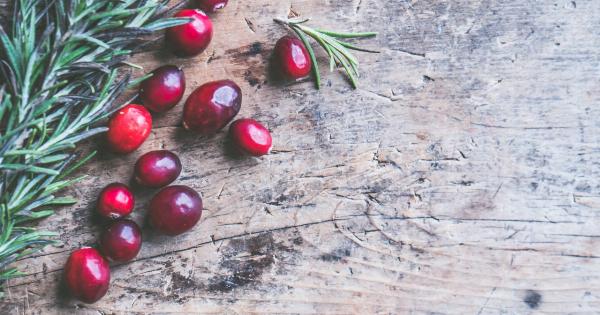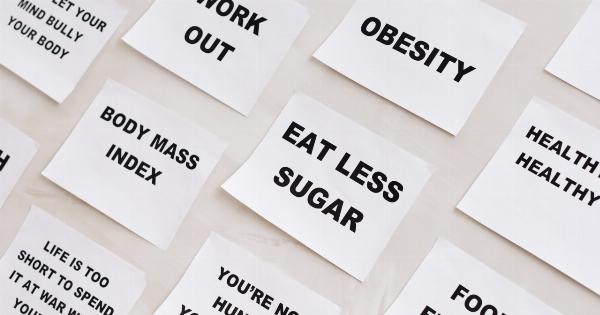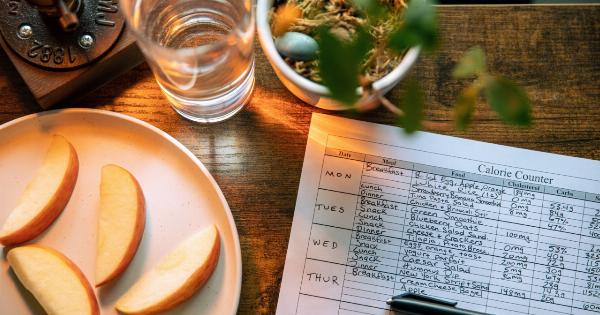Pregnancy is an exciting but challenging time for expectant mothers. During this period, it is vital to ensure you consume all the necessary nutrients that will help your baby grow and develop healthily.
A balanced diet during pregnancy will also support your own health and well-being, which is crucial throughout this time.
Eating healthily during pregnancy can reduce the risk of complications such as gestational diabetes, pre-eclampsia and other pregnancy-related illnesses. It can also help manage weight gain, increase energy levels and improve sleep patterns.
How Much Should You Eat During Pregnancy?
The amount of food you need to consume during pregnancy varies based on factors such as your body size and weight, your level of physical activity and whether you are carrying a single child or twins.
In general, pregnant women are advised to consume an additional 300-500 calories per day during the second and third trimesters of pregnancy.
It is important to keep track of your weight gain during pregnancy as excessive weight gain can lead to complications during birth such as preterm labor, gestational diabetes and other potential complications. Your healthcare professional should keep a record of your weight gain and advise you on the appropriate diet and physical activity level throughout your pregnancy.
Essential Nutrients for Pregnancy
A balanced diet during pregnancy should include a range of essential nutrients, including:.
Folic Acid
Folic acid is important throughout pregnancy, especially during the first trimester, as it reduces the risk of birth defects in the brain and spine. Good sources of folic acid include fortified cereals, leafy greens, beans, and citrus fruits.
Iron
Iron is needed in higher amounts during pregnancy to support the increased blood volume for both mother and baby. Good sources of iron include red meat, poultry, fish, beans and lentils.
Calcium
Calcium aids in the development of bones and teeth for babies. Good sources of calcium include dairy products, tofu, and leafy greens.
Protein
Protein is essential for the growth and development of cells and tissues for both mother and baby. Good sources of protein include lean meats, poultry, fish, eggs, beans, and tofu.
Vitamin D
Vitamin D is essential for the absorption of calcium for the development of baby’s bones and teeth. Good sources of vitamin D include sunlight, oily fish, and eggs.
Vitamin C
Vitamin C aids the absorption of iron and supports healthy immune function. Good sources of vitamin C include citrus fruits, berries, and leafy greens.
Foods To Avoid During Pregnancy
During pregnancy, some foods are best avoided. These include:.
Raw and undercooked meat
Raw or undercooked meat can harbor bacteria that cause foodborne illness. These bacteria can harm both mother and baby.
Raw eggs
Raw eggs also pose the risk of salmonella infection. They should not be consumed during pregnancy.
Unpasteurized milk
Unpasteurized milk may contain listeria, which can harm both mother and baby. It is important to ensure that all dairy products are pasteurized.
Raw fish
Raw fish may be contaminated with bacteria, viruses, or parasites that cause foodborne illness. Most fish should be cooked before consumption during pregnancy.
Caffeine and alcohol
Both caffeine and alcohol are to be avoided during pregnancy. These substances can result in complications such as low birth weight, miscarriage, and premature birth.
Healthy Eating Habits for Pregnant Women
Here are some tips for maintaining healthy eating habits during pregnancy:.
Eat small frequent meals throughout the day
It is essential to maintain your blood glucose levels throughout pregnancy. Eating small, frequent meals helps prevent blood sugar fluctuations and maintain adequate nutrients throughout the day.
Stay hydrated
Dehydration can lead to complications such as preterm labor, so it is important to drink plenty of water throughout the day.
Balanced meals
Include plenty of protein, fruits, vegetables, whole grains, and healthy fats and oils in your diet. This ensures you get all the essential nutrients your body requires during pregnancy.
Avoid processed foods and sugary drinks
Focus on eating whole foods that will give your body the necessary nourishment it requires. Avoid processed foods, sugary drinks, and foods high in saturated fats and salt.
Sleep adequately
Getting enough quality sleep is essential during pregnancy. Adequate sleep supports healthy brain function and improved mood, which is essential for both mother and baby.
Conclusion
Eating a healthy and balanced diet during pregnancy is essential for both mother and baby’s health. It helps reduce the risk of complications during pregnancy and supports both physical and emotional well-being.
By following a balanced diet, avoiding harmful foods, staying hydrated, and getting enough sleep, expectant mothers can ensure a healthy pregnancy and delivery.




























